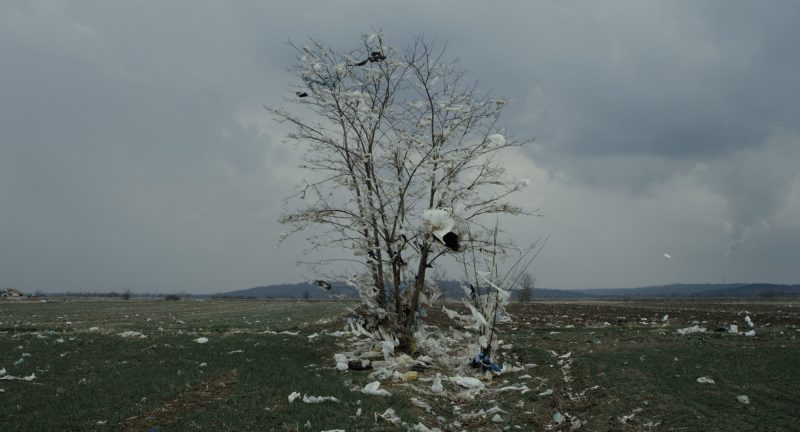The Sarajevo Film Festival has introduced many new elements this year, one of which is the True Stories Market. As a part of the festival’s Dealing With The Past project, it aims to promote awareness of the atrocities committed during the Yugoslav wars of the 1990s.
It has taken 21 years since the Bosnian war ended for film-makers to start questioning war crimes committed and the painful issues of their own countries through the medium of cinema.
The festival includes two films with this premise: Depth Two by Serbian director Ognjen Glavonić, a documentary about the murders of Albanian civilians in the Kosovo war, and Unwanted Heritage by Croatian filmmaker Irena Škorić. The film will tackle the issue of communist era monuments in Croatia.
Lars Kraume’s 2015 Toronto entry The People Vs. Fritz Bauer, a thriller about the Attorney General that brought Adolf Eichmann to trial in Israel, will also be on display.
Stories from archives of key organizations will be presented by the True Stories Market to film and TV professionals. “For this program, we will work with partner organizations that for years have been documenting the Yugoslav wars of the 1990s – established and highly respected NGOs and organizations in the region like Balkan Investigative Reporting Network and the Helsinki Committee for Human Rights, Centre for Civic Education.” Stated Jovan Marjanović, Sarajevo’s head of industry.
60 stories were selected by these organizations; a pre-selection jury will narrow that down to just, and these six will then be presented to the audience at the True Stories Market. Then there will be a one-on-one meeting where interested film-makers will talk to the organizations in order to get more information and possibly move forward with a film project.
“The research and material available from these organizations is obviously huge, and the number of stories told in the form of film is to date far too small,” said Marjanović.
“We want to help change that, and our aim is to create an ‘open source’ where these organizations and film-makers connect so that the research, archives, and expertise can be used by filmmakers, who in their turn will take them to the larger audiences that these important stories deserve.”
